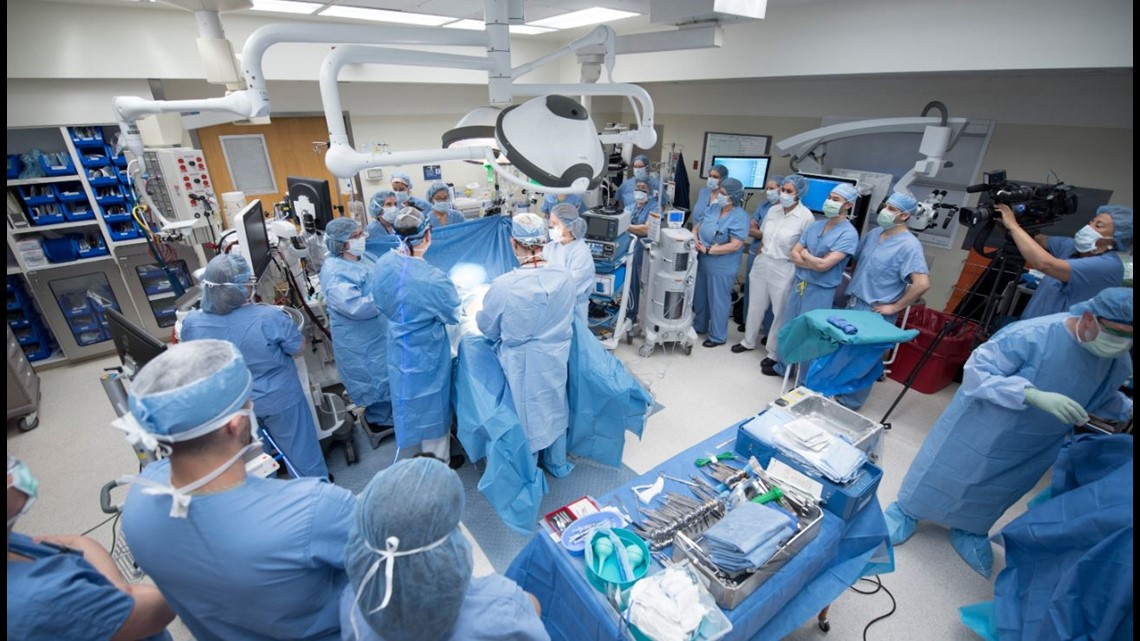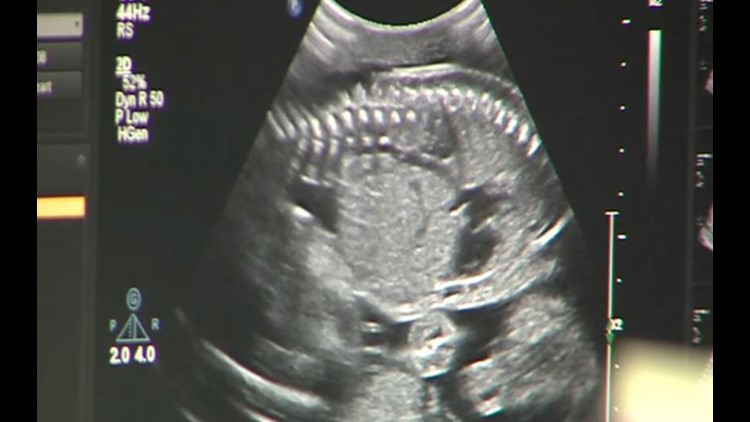CLEVELAND, Ohio -- Doctors at the Cleveland Clinic performed the hospital's first in utero fetal surgery to repair a spina bifida birth defect in a nearly 23-week-old fetus.
The first surgery of its kind in northern Ohio was performed in February and the baby girl was delivered by caesarean on June 3. The Cleveland Clinic says the mother and daughter are doing well.


“By successfully repairing the defect before birth, we’re allowing this child to have the best possible outcome and significantly improve her quality of life,” said Darrell Cass, M.D., director of Fetal Surgery in Cleveland Clinic’s Fetal Center. “There are different measures of quality in determining success for fetal repairs and in this particular case, all metrics for maximum quality were achieved.”
Spina bifida affects the lowest part of the spine and occurs when the neural tube does not fully close, causing the backbone that protects the spinal cord not to form as it should. This often results in damage to the spinal cord and nerves and can even lead to brain damage.
Spina bifida can affect a child’s lower leg strength and their ability to walk and run, as well as their ability to go to the bathroom adequately. According to the CDC, approximately 1,645 babies are born with spina bifida each year in the United States.
“Although the surgery was a success, spina bifida is never cured,” said Dr. Cass. “Moving forward, the baby will require ongoing supportive care provided by a multidisciplinary team of caregivers in our Spina Bifida Clinic, which will involve neurology, urology, orthopedics, developmental pediatrics and neurosurgery, among other specialists.”
The surgical team from Cleveland Clinic’s Fetal Center worked for more than a year to prepare for this first surgery, including making site visits to other centers, conducting simulations, and consulting with other experts in the field.
“I am honored to work with this amazing team of clinicians and to see our efforts come to fruition after preparing for so long,” said Dr. Cass. “Families in this region now have more options when it comes to making these types of decisions and we are thrilled to be able to provide the care needed for these complex cases.”



